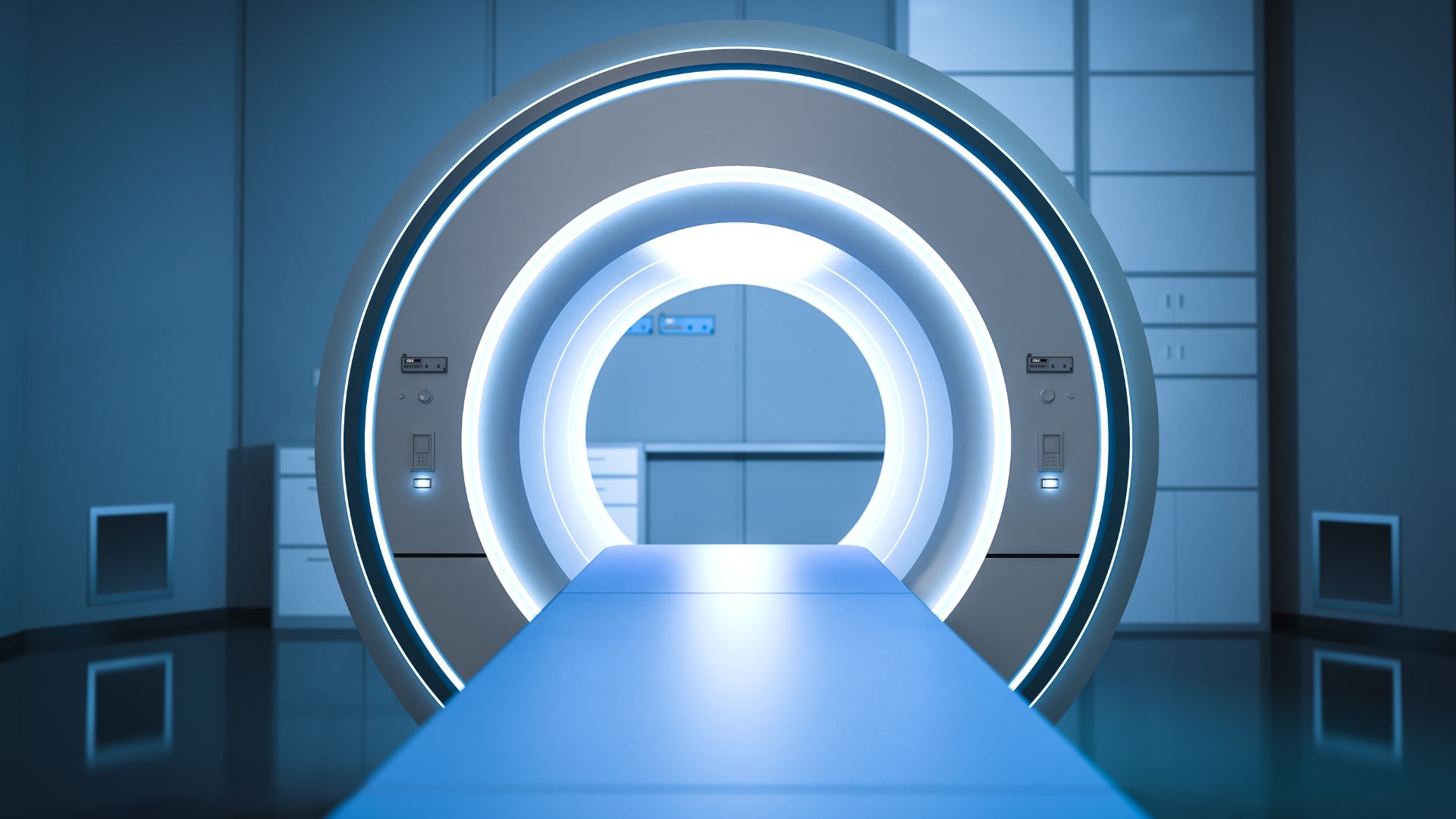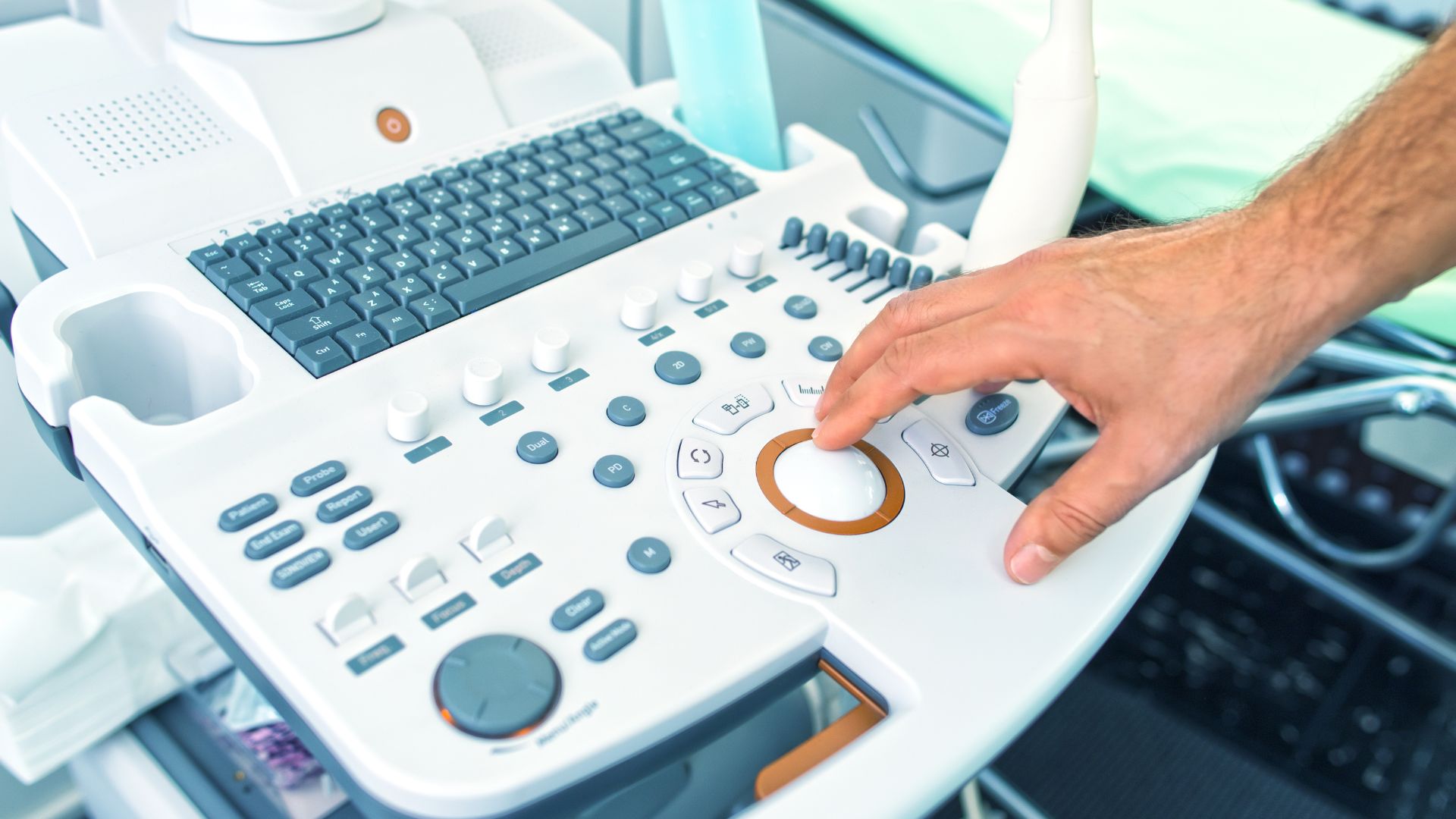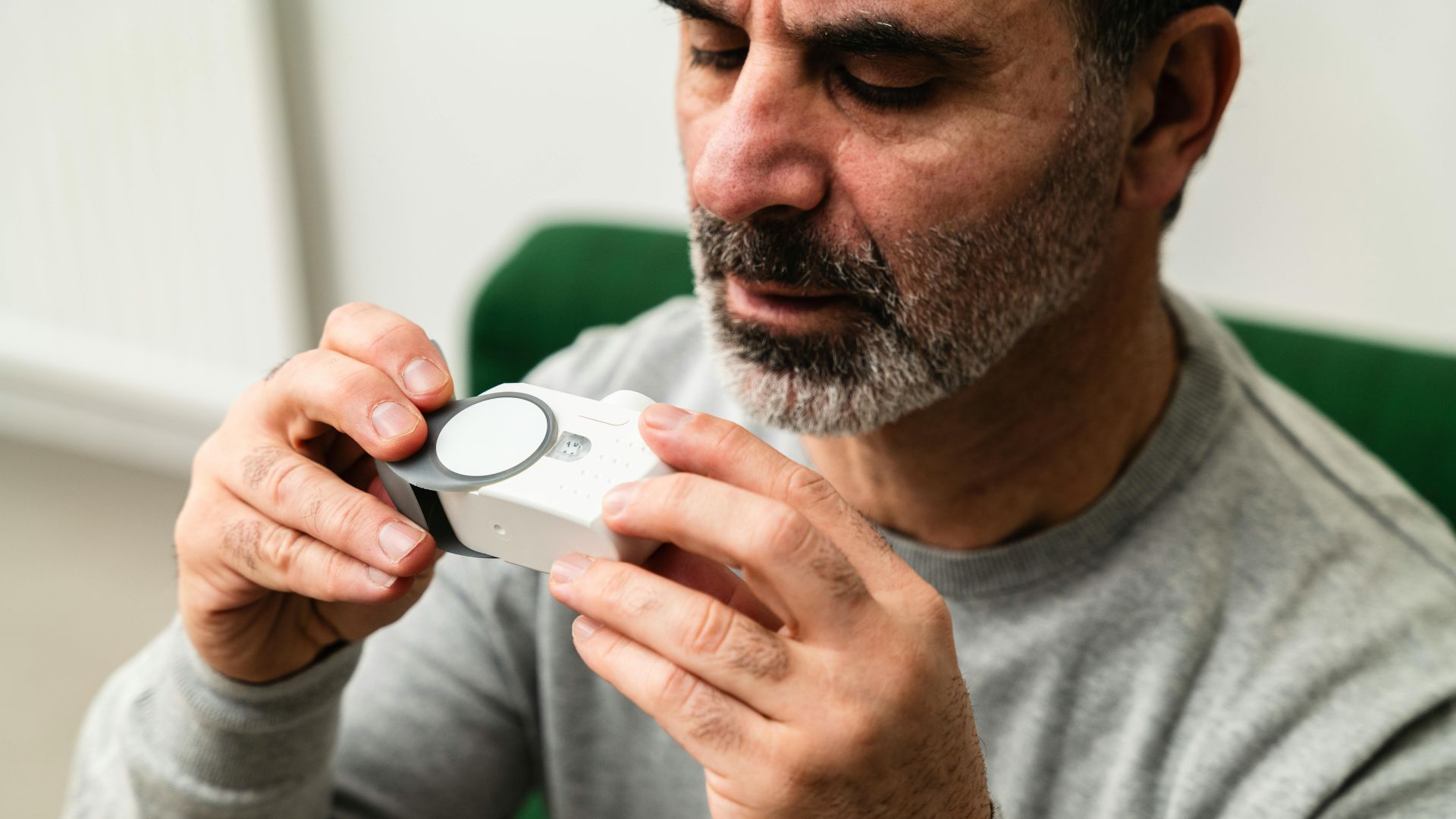Prosthetic contact lenses are specialized medical devices used to restore the appearance of a damaged eye, reduce glare, or improve visual function for individuals with conditions like aniridia, corneal scarring, or light sensitivity. These lenses are classified as medical devices by the FDA and require strict safety, sterility & labeling compliance.
Manufacturers must adhere to FDA regulations, including 510(k) clearance, Unique Device Identifier (UDI) compliance & biocompatibility testing, to legally market prosthetic contact lenses in the US. Failure to meet regulatory requirements can result in Import Alerts, detentions, regulatory fines & enforcement actions.
How the FDA Classifies Prosthetic Contact Lenses
- Class II (Moderate Risk, Requires 510(k) Clearance): Standard prosthetic contact lenses used for cosmetic or functional restoration fall under Class II medical devices, requiring 510(k) clearance to demonstrate substantial equivalence to a legally marketed FDA-approved predicate device.
- Class III (High Risk, Requires PMA): Prosthetic lenses with drug-delivery mechanisms, therapeutic coatings or specialized light-filtering technology are classified as Class III devices, requiring Premarket Approval (PMA) & extensive clinical testing.
All prosthetic contact lenses must be prescribed by an eye care professional. The FDA prohibits over-the-counter (OTC) sales of these devices.
Key FDA Compliance Requirements for Prosthetic Contact Lens Manufacturers
To legally market prosthetic contact lenses in the US, manufacturers must comply with:
- Establishment Registration: Register annually with the FDA.
- Medical Device Listing: Each prosthetic lens product must be listed in the FDA’s medical device database.
- 510(k) Clearance or PMA Submission: Standard lenses require 510(k) clearance; advanced lenses may require PMA.
- UDI Compliance: Include Unique Device Identifiers on all packaging.
- Sterility & Biocompatibility Testing: Lenses must comply with ISO 10993 standards for cytotoxicity, irritation & microbial safety.
- Labeling & Advertising Compliance: Claims must be clear, accurate & FDA-compliant.
- Import Alert Prevention: Ensure full compliance before importing to avoid shipment detentions.
Common Compliance Challenges & Solutions
Case Study: 510(k) Clearance Rejected Due to Incomplete Biocompatibility Testing
A manufacturer submitted a 510(k) application but failed to include full biocompatibility & ocular irritation testing results. The FDA required:
- Additional cytotoxicity & irritation studies.
- Resubmission of the 510(k) with enhanced safety data.
- A six-month delay in market entry.
Solution: Conduct all required testing & include comprehensive data before submission.
Case Study: Import Detention Due to Missing UDI Compliance
A foreign manufacturer shipped prosthetic lenses without UDI labeling. As a result:
- Shipments were detained by the FDA.
- Packaging was redesigned to include UDI.
- Device listings were updated.
Solution: Verify UDI compliance before importation to avoid delays.
Regulatory Considerations for Prosthetic Lens Manufacturers
- FDA User Fees: Annual fees apply; Small Business Fee Assistance may be available.
- Import Alerts: Non-compliant devices may be flagged & detained.
- Certificate to Foreign Government (CFG): Often required for export.
- Health Canada Licensing: An MDEL may be required to distribute in Canada.
How to Avoid FDA Compliance Pitfalls
- Ensure Proper Classification & Clearance – All prosthetic lenses must receive 510(k) clearance or PMA approval.
- Complete Biocompatibility Testing – Full cytotoxicity & irritation studies are required.
- Comply with Prescription Requirements – Only licensed professionals can prescribe prosthetic lenses.
- Verify UDI Compliance – All packaging must include Unique Device Identifiers.
- Partner with Regulatory Experts – Avoid mistakes, fines & delays by working with FDA compliance specialists.
Helping Patients & Meeting FDA Expectations
Prosthetic contact lenses offer cosmetic & functional benefits but require strict FDA compliance. From classification & testing to labeling & UDI, each step is essential to avoiding penalties & gaining access to the US market.
Registrar Corp helps prosthetic lens manufacturers navigate FDA regulations, secure compliance & bring their lenses to market confidently.








